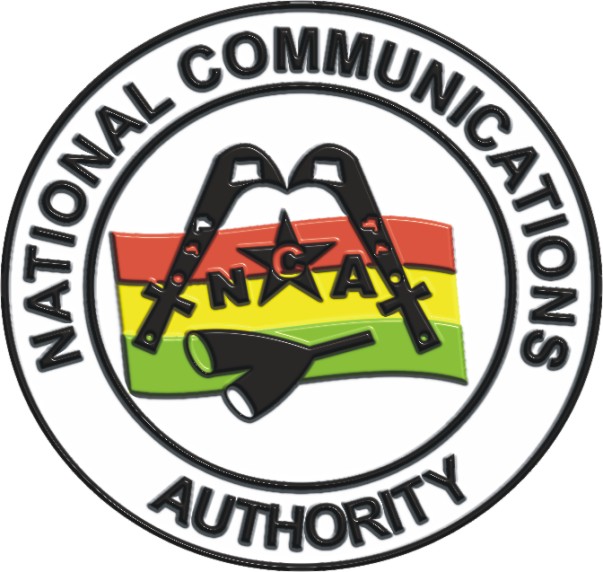
The draft National Communications Authority (NCA) Quality of Service (QoS) Regulation, 2019 is for the first time introducing quality of service regulations for digital financial services.
Schedule VI of the draft is dedicated to QoS regulation on mobile
money and other digital financial service.
The update in the QoS regulations has been necessitated by
the fact the over the past 15 years telcos in the country got their first
licenses (2G), there have been several developments, which were not covered
under the existing regulations.
Mobile money is one of the major services the telecom
operators have introduced since they first received their licenses 15 years
ago, and there has not been any quality of service regulation for it, even
though customers face some challenges accessing the service.
Beside mobile money itself, other digital financial services
have emerged, and almost all of them are linked to mobile phone numbers.
Indeed, there was a time when NCA used to refer telecom
service customers who had issues with mobile money to the Bank of Ghana, the
only financial service regulator in the country.
But because the service runs on the platforms of the telcos,
NCA has found it necessary to have separate quality of service regulations for
it.
Under Schedule VI the new draft Bill, dubbed Quality of
Service Parameters For Digital Financial Service (DFS), there are three main
propose regulations for digital financial services.
The first regulation there require service providers to
ensure 100 per cent money transfer success rate.
It explained that money transfer success rate means the
percentage of money transfers that are received by the intended recipients.
The secondly regulation said the time between when money is
transferred and when it is received by the intended recipient should not be
more than five seconds.
The third and last regulation was about failed transaction
resolution time, and it said that in case of a failed transaction, the service
provider had six hours from when the sending wallet was debited to resolve the
problem and ensure the intended recipient’s wallet is credited.
Schedule X talks about sanctions for all violations, and
page 29 bears the specific sanctions for digital finance QoS violations.
Per that schedule, failure to meet the money transfer
success rate and money transfer success time would attract a fine of not less
than 4,200 penalty points from the defaulting operator.
But if an operator fails to resolve a failed transaction
within the stipulated six hours, the operator would have to compensate the
respective customer(s) with 4,200 penalty points for every additional hour the
problem remains unresolved.
According to the Fines (Penalty Units) Act of year 2000, Act
572, one penalty unit is equivalent to one-third of the current minimum wage,
multiplied by 30. The current minimum wage is GHC10.65 – one-third of that is
GHC3.55 – that multiplied by 30 is GHC106.5 – multiply that by 4,200 and the
amount comes to GHC447,300.
Sanctions
Speaking of sanctions, out of 40 sanctionable QoS
violations, 30 attract only fines that go to the NCA, while six attract only compensation
to the customers who suffered the challenges, and four attract both
compensation to customers and fines to the NCA.
A careful look at the schedule, indicate that for violations
suffered by individual customers, the NCA gets to fine the defaulting operator,
while violations involving corporate customers attract more compensations than
fines to the NCA.
Some Highlights
Again per the benchmarks for customer satisfaction, the
acceptable rate is 90 per cent for all listed attributes – service
availability, service accessibility, service reliability, billing performance
and the help/enquiry services of the telcos.
The NCA said it will conduct regular surveys to determine
the extent to which telcos meet the benchmarks and apply the necessary
regulations to whip them into line.
The draft regulations, when approved for implementation, would
also enjoin telcos to notify customers of any planned service disruption three
clear days ahead, and also inform customers of any service outage within one
hour of its occurrence, or face sanctions.
Per the draft regulations, in the event of a service
disruption, telcos would be required to provide customers with detailed
information on the affected service, period of disruption, reasons of
disruption, areas of disruption, possible effects on customers and estimated
time for service restoration.
They are required to do this via SMS, social media
(Facebook, Twitter, Instagram), at least one state-owned newspaper, local radio
stations in the affected areas (including GBC Radio) and Television (including
GBC TV Stations).
The only time telcos would avoid sanctions for service
interruption is when there is a natural disaster, captured in the draft as
force majeure.
Speaking of force majeure, telcos would also be required to
assist state actors in the area of communication during natural disasters.
Meanwhile, the NCA itself is required by regulation to publish monthly QoS reports from all districts in the country to enable consumers make informed choices on which telcos has better quality of service.
Samuel Dowuona

